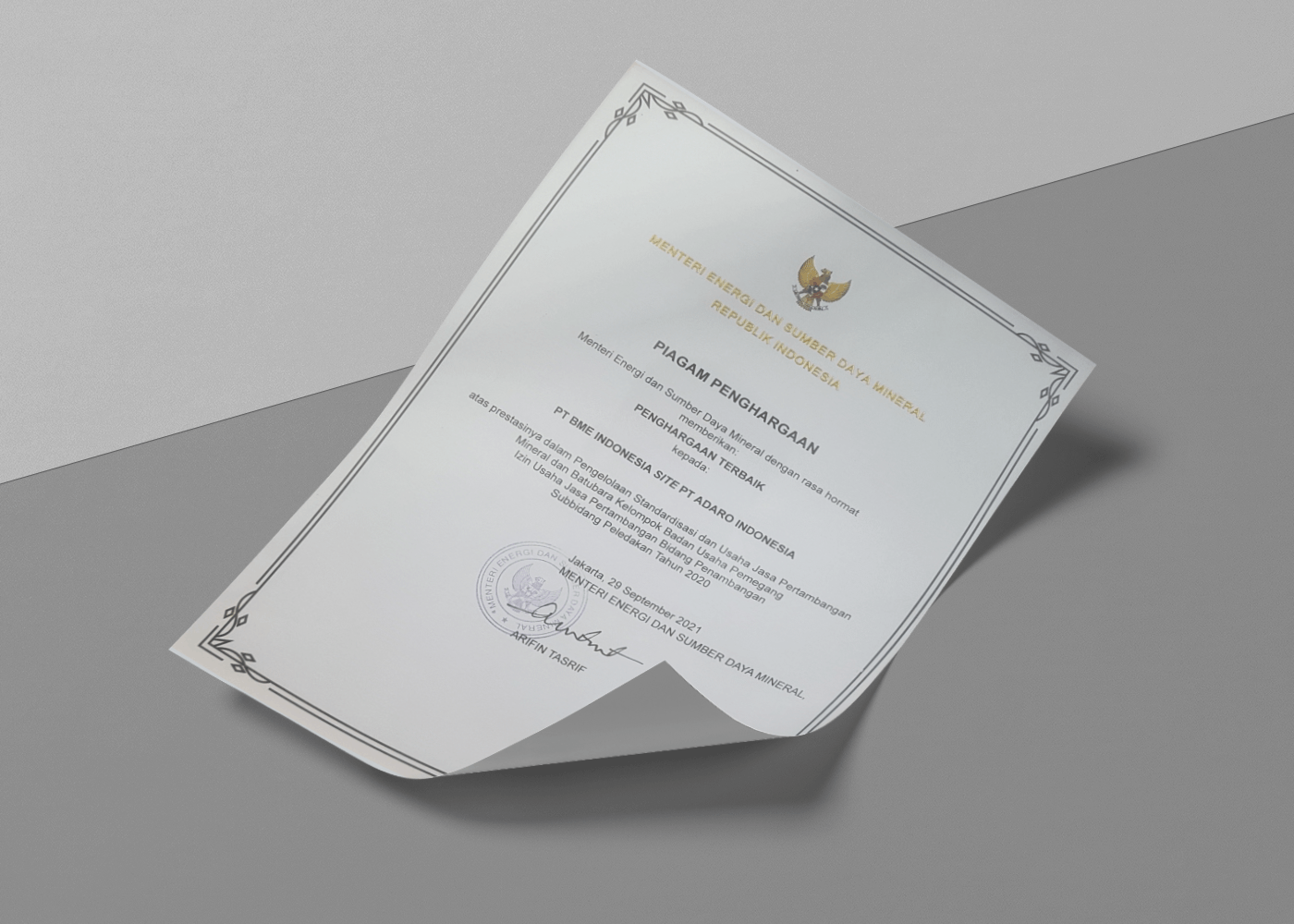South Africa, Zambia and Botswana are backing a green energy revolution in Southern Africa to drive growth in a region decimated by Covid-19, corruption, and mismanagement.
Click here for background on this series.
Originally posted in Why Africa Magazine | Article by Staff Writer

Southern Africa is in a unique position to become a green energy hub and alternative supplier of energy. The current geopolitical turmoil puts the region in a strong position to gain first mover advantage as Europe and the rest of the world frantically attempts to diversify its energy needs away from an unhealthy reliance on Russian fossil fuels.
The challenge though, according to Natacha Viljoen, CEO of Anglo-American Platinum, is to collaborate and take advantage of the current momentum to create demand for Platinum Group Metals (PGM) and battery minerals, of which there are an abundance in Africa.
Viljoen was speaking at the Investing in Africa Mining Indaba in Cape Town, South Africa in March. Earlier this year, Anglo American Platinum showcased a prototype of the world’s largest hydrogen-powered mine haul truck designed to operate in everyday mining conditions at its Mogalakwena PGM open pit mine in South Africa.
The 2MW hydrogen-battery hybrid truck, generating more power than its diesel predecessor and capable of carrying a 290-tonne payload, is part of Anglo American’s nuGen Zero Emission Haulage Solution (ZEHS).
South Africa and its northern neighbour Namibia are shaping up to become world leaders in green hydrogen technology within the next five years. In addition to its green hydrogen ambitions, South Africa is also the largest producer of PGMs, while Zimbabwe is the third largest supplier, with Russia in second place. PGMs are used in the manufacturing of diesel catalytic converters which are critical in the reduction of carbon emissions.
The green energy revolution was a popular theme at Indaba. Gwede Mantashe, South African Minister of Mineral Resources and Energy, lauded Anglo-American Platinum’s efforts but stated that there is a great need for Southern Africa countries to invest in exploration.
Exploration is key for a sustainable future
The need to invest in exploration was echoed by Hakainde Hichilema, President of Zambia in his address. Hichilema said that African leaders need to step up and eliminate conflict and corruption and enable mining companies to unearth the rich resources hosted in countries like Zambia and the DRC. “Conflict and corruption hinder investment and to deliver social and economic growth we need to eliminate these impediments,” he said. “We are determined to create jobs and industrialise and will clear all obstacles in our way. We won’t tolerate corruption and will continue to partner with the private sector in building Zambia’s economy,” said Hichilema.
Zambia hosts massive deposits of copper, cobalt and nickel, all needed in battery technology which will drive a worldwide energy transition. In his address following Hichilema’s speech, Tristan Pascal, CEO of First Quantum Minerals, announced that the Canadian headquartered company will invest significantly in the expansion of its Kansanshi copper mine in the north of the country to extend the life of mine with more than 20 years. The company further committed to invest substantial capital in the development of a new nickel mine in the northeast of the country.
With its abundance of sun and wind, the Kalahari landscape of Namibia and Botswana is attracting more and more renewable energy investors, while its gas and cobalt/copper/nickel deposits are receiving global attention. According to Botswana President Mokgweetsi Masisi the country wants to foster partnerships with the private sector and ensure security of tenure, a stable regulatory environment, and a predictable fiscal regime. “Exploration companies should consider coming to Botswana. We are continuing to map and explore the Kalahari sands, and with the energy transition imminent, we are well positioned to take advantage of the future demand for battery minerals,” said Masisi.





